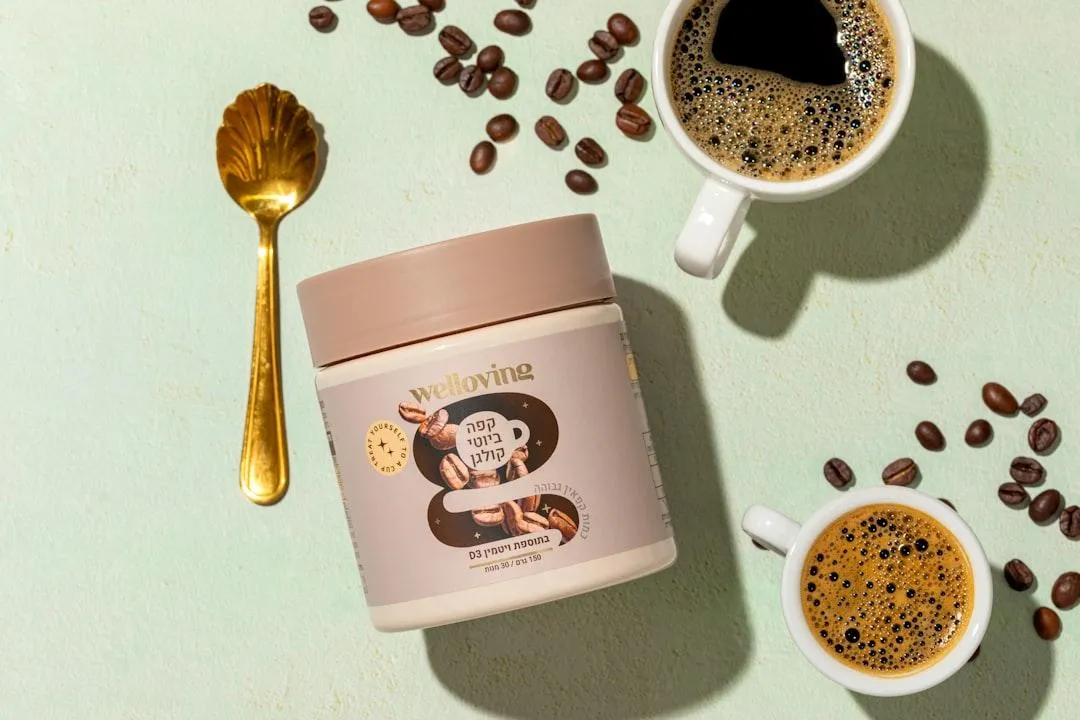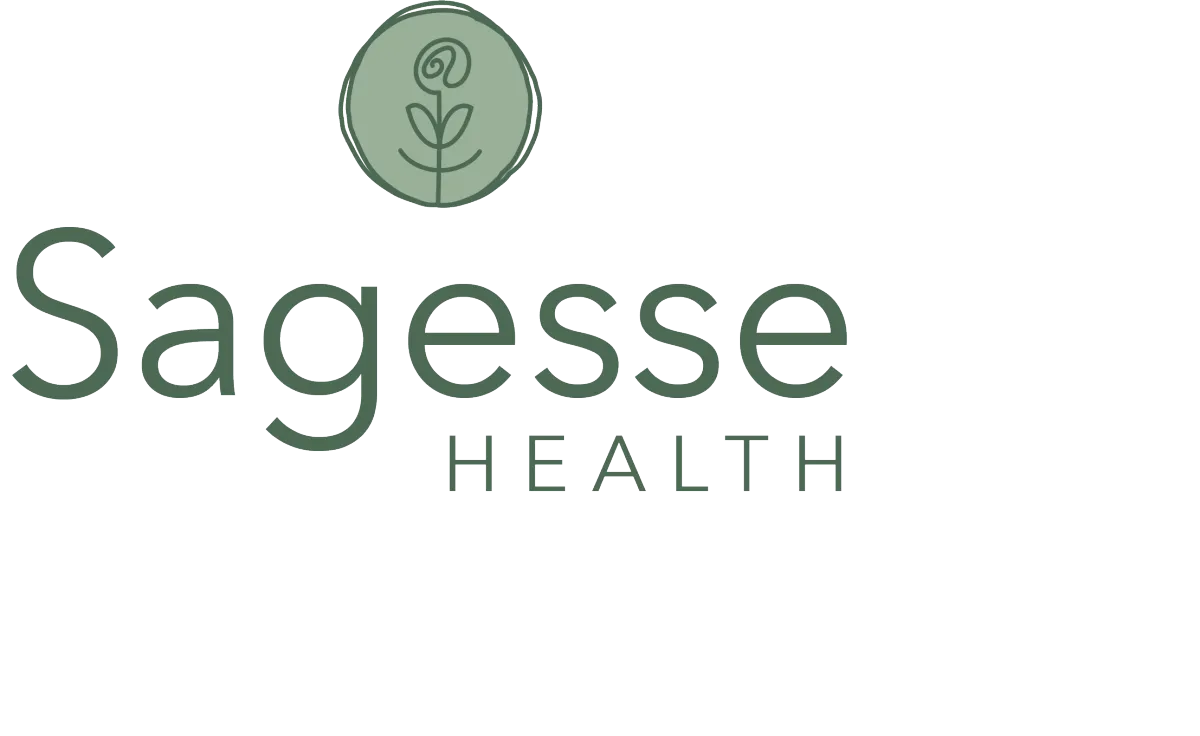
Collagen Confusion
Collagen Confusion, Cleared Up: The Full Story
What it is, what it does, and how not to get fooled by unicorn lattes and pastel promises.
Collagen has become the wellness world’s darling — showing up in lattes, snack bars, smoothie powders, and anything with the word “glow” on the label. But while the marketing makes it sound like magic dust, not all collagen is created equal. Some types are brilliant, some are niche, and some are just clever spin. So let’s strip back the glitter and get to the good stuff.
Types Matter
Collagen isn’t one single thing — it comes in many forms. Type I is the skin, bone, and tendon superstar and is the one linked most with fewer wrinkles and firmer skin. Type II is your cartilage protector and the real MVP for osteoarthritis and joint issues. Type III teams up with Type I in skin, muscles, and blood vessels, giving everything its flexibility and resilience. Type IV lives in your organs and blood vessels, quietly important but not something you’ll find in a supplement.
Most powders you’ll see on shelves are marine collagen (mainly Type I) or bovine collagen (Types I and III). If you’re looking for joint support specifically, the special chicken-derived Type II (UC-II®) is the one to watch. But if you really want to cover all bases — skin, joints, and bones — the best products are those that include a blend of different collagen types, not just one.
The Sources (and the Pretenders)
Bovine collagen is widely available, budget-friendly, and supports skin, bones, and tendons. Marine collagen is marketed as the “skin collagen” and dissolves easily — though the hype often outshines the reality. UC-II® is a standout because it’s taken in tiny amounts yet has impressive evidence for easing arthritis and joint pain. Gelatin, the old-school cousin of collagen, might not look glamorous but when paired with vitamin C before exercise it can help boost tendon and ligament recovery.
And then there’s “vegan collagen” — which, spoiler alert, isn’t collagen at all. These are usually blends of nutrients like vitamin C and amino acids that help your body make more of its own collagen, which isn’t a bad thing but definitely isn’t the same as a collagen peptide scoop.
Does It Work?
Here’s the short answer: yes, but with some caveats. For skin, collagen peptides taken daily at around 2.5–5 grams can improve hydration, elasticity, and even reduce wrinkle depth after about two to three months. For joints, UC-II at a mere 40 mg daily has been shown to outperform some traditional joint supplements, while regular collagen peptides in larger doses (5–10 g/day) can also ease exercise-related aches and pains. When it comes to tendons and ligaments, timing matters — taking gelatin with vitamin C before targeted exercise helps strengthen connective tissue during rehab. Daily collagen can also support bone density in postmenopausal women, but again, it works best as part of a bigger plan with nutrients and resistance training.
Hair and nail claims? The science is thin. You might see stronger nails or better growth, but don’t expect a shampoo-ad mane from a scoop of powder.
Marketing Spin vs Reality
This is where things get murky. Pretty tubs, pastel packaging, and gold scoops might make for an Instagram moment, but they don’t change the effectiveness. Those multi-type blends boasting five or six collagens usually contain “pixie dust” amounts that don’t move the needle — unless the label shows real, useful doses. Flavoured collagen might taste nice, but always check the label for added sugars and fillers. And remember: vegan collagen isn’t collagen at all.
At the end of the day, what actually matters is the type, dose, and source — not the sparkle factor.
How to Choose
Think about your goal. If it’s skin, go for bovine or marine peptides. If it’s osteoarthritis or joint pain, UC-II is your best bet. For tendon or ligament rehab, gelatin plus vitamin C before exercise makes a real difference. And if you’re focusing on bone health, long-term collagen peptides can help, especially when paired with exercise. For the best all-rounder, look for a product that contains a range of collagen types — so you’re supporting skin, joints, and bones all at once.
Safety Notes
For most people, collagen is safe with only the occasional complaint of bloating. If you’ve got a fish allergy, skip marine collagen. People prone to kidney stones should be cautious, and if you’re pregnant or breastfeeding, it’s best to stick with whole-food protein sources until there’s more research.
Even better, talk with your health care professional like me!
The Takeaway
Collagen isn’t a miracle powder, but it’s not a scam either. It can support skin, joints, bones, and recovery — just not overnight and not on its own. The real results come from choosing the right type (or blend of types) for your needs, taking it consistently for a few months, and pairing it with the basics: a protein-rich diet, plenty of vitamin C, resistance training, good sleep, and stress management.
Think of collagen as a supportive tool in your health kit, not a shortcut to eternal youth. And no, the pastel tub or rose-gold scoop won’t make it work any better.
👉 Curious if collagen’s worth your scoop? Let’s talk. Book your free chat with me today.


